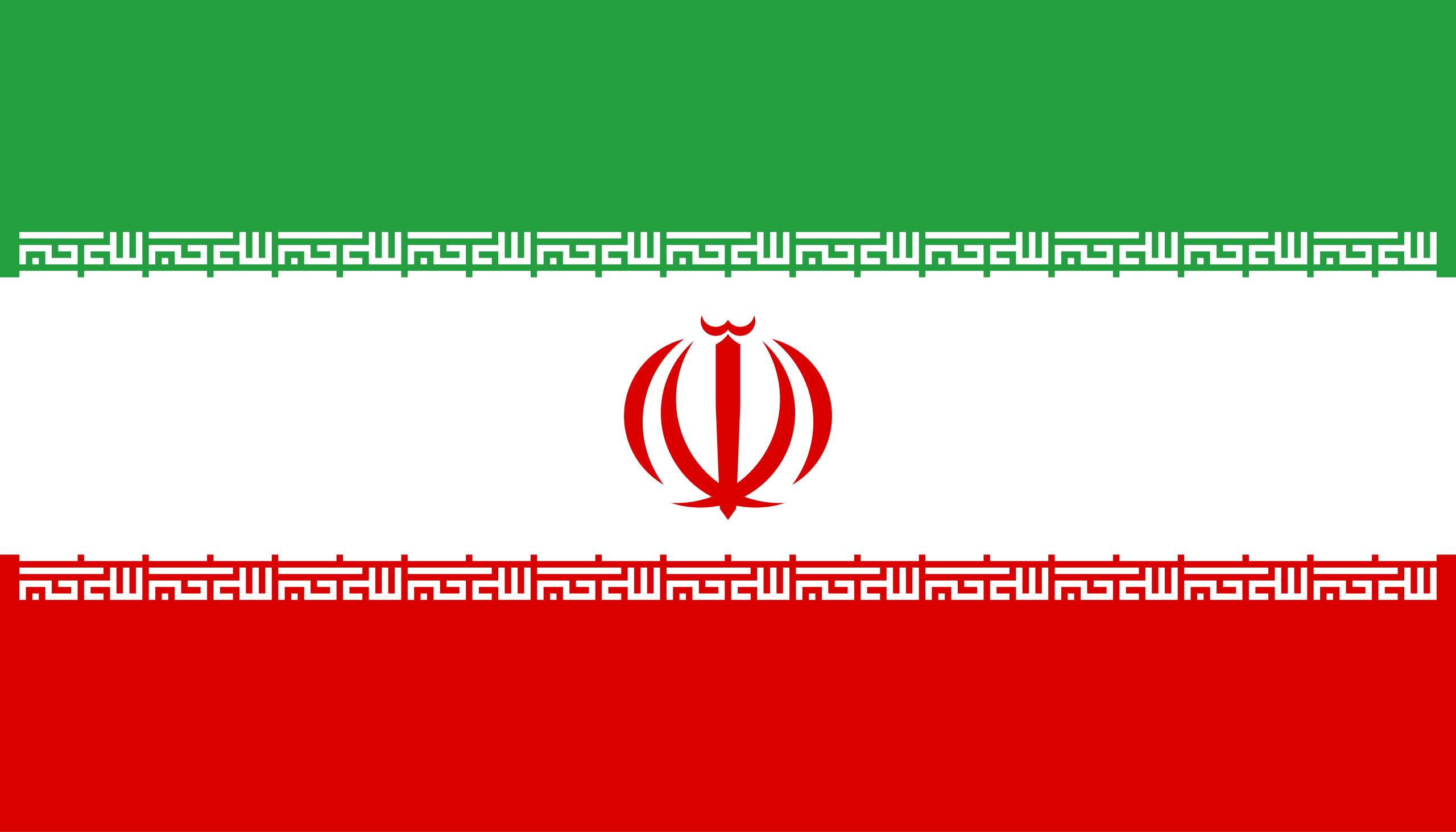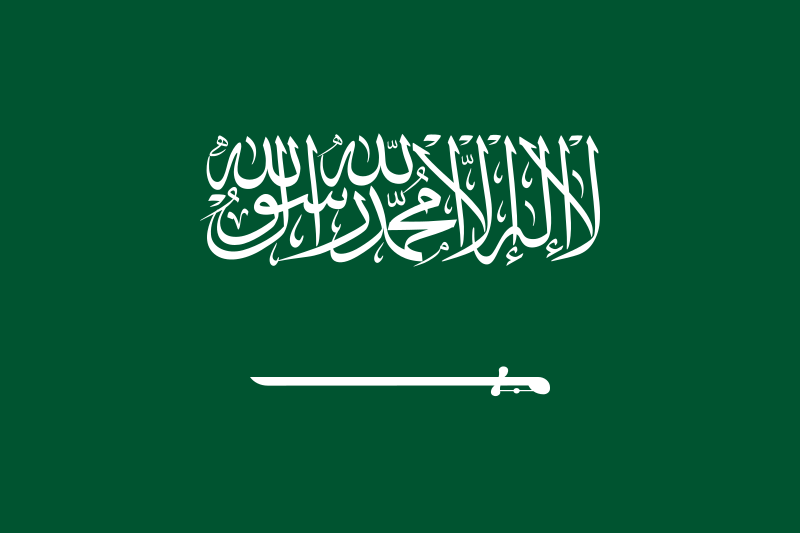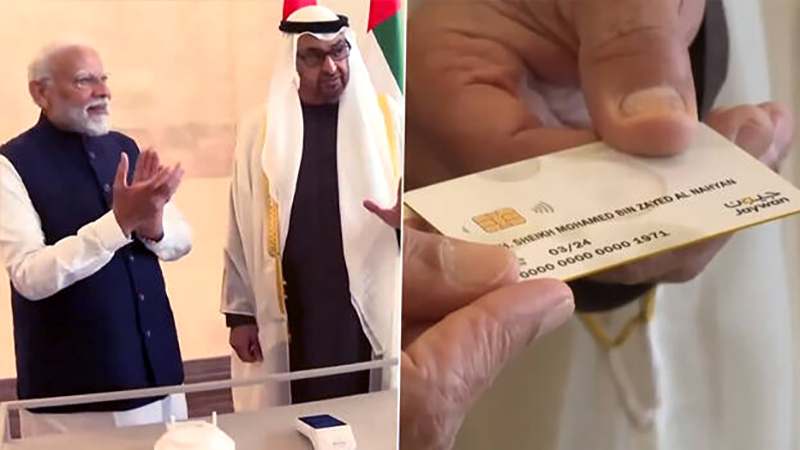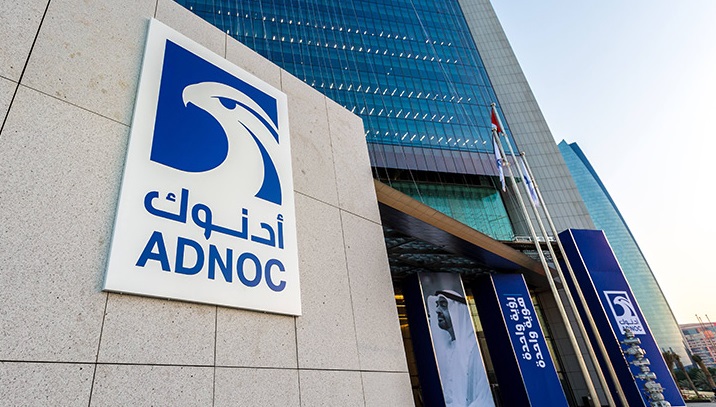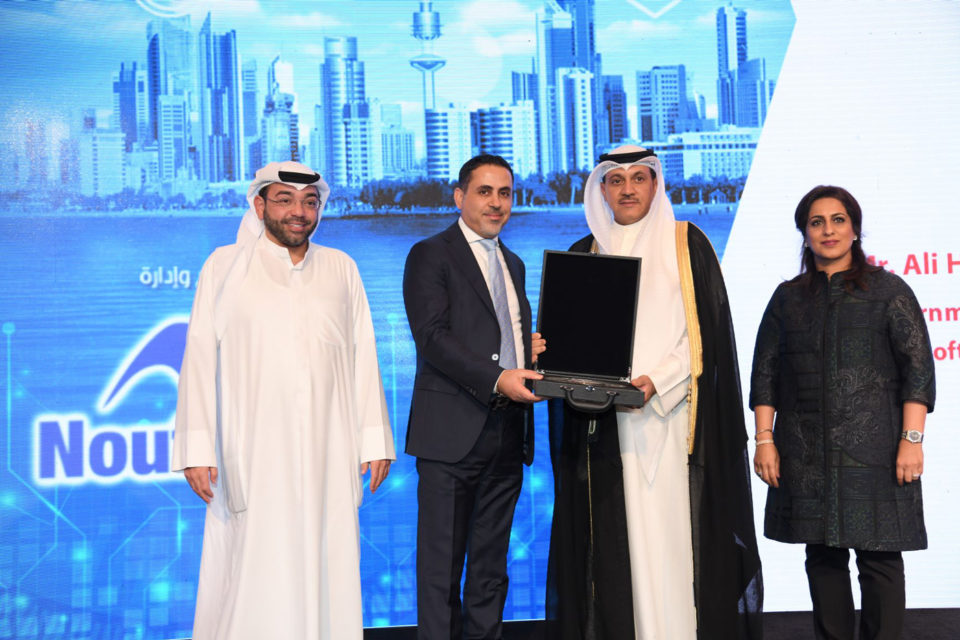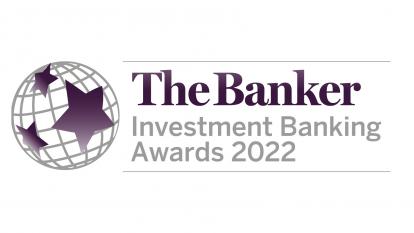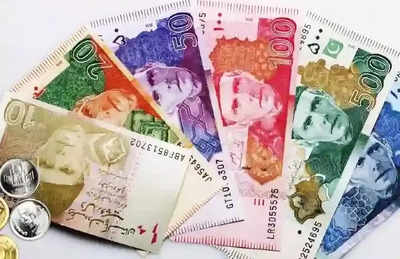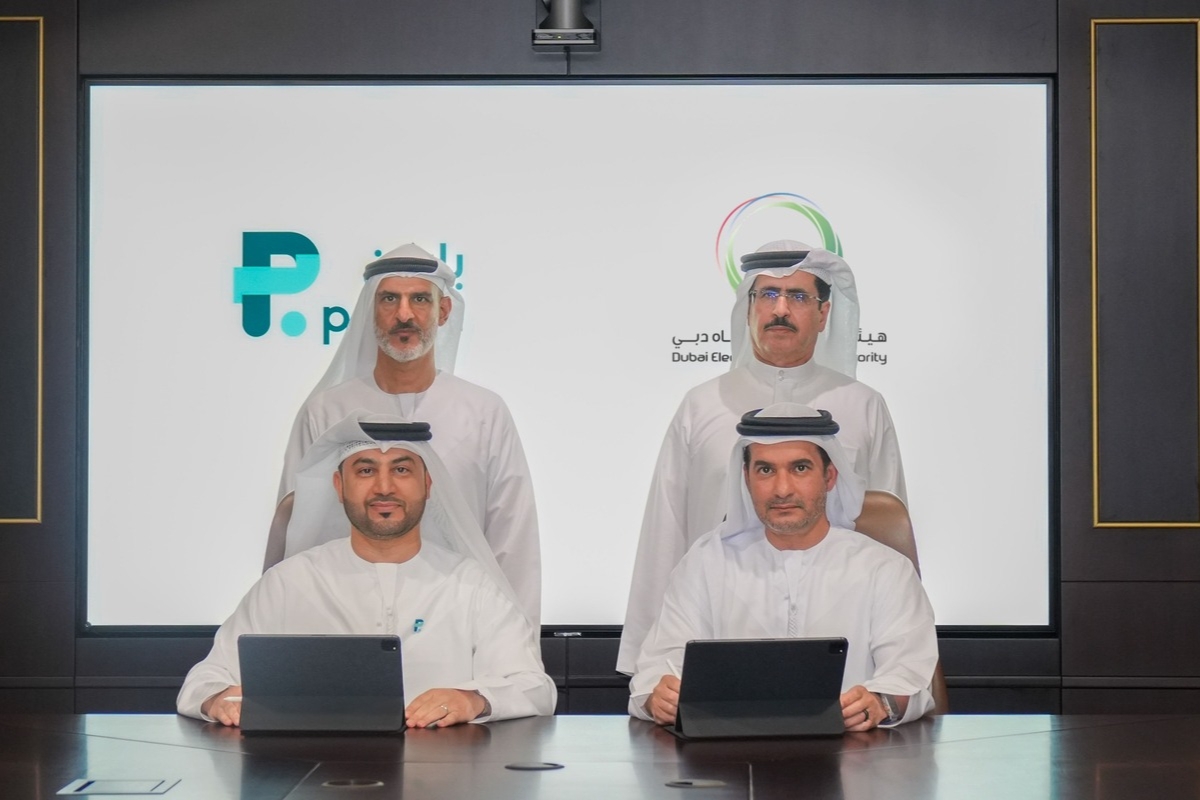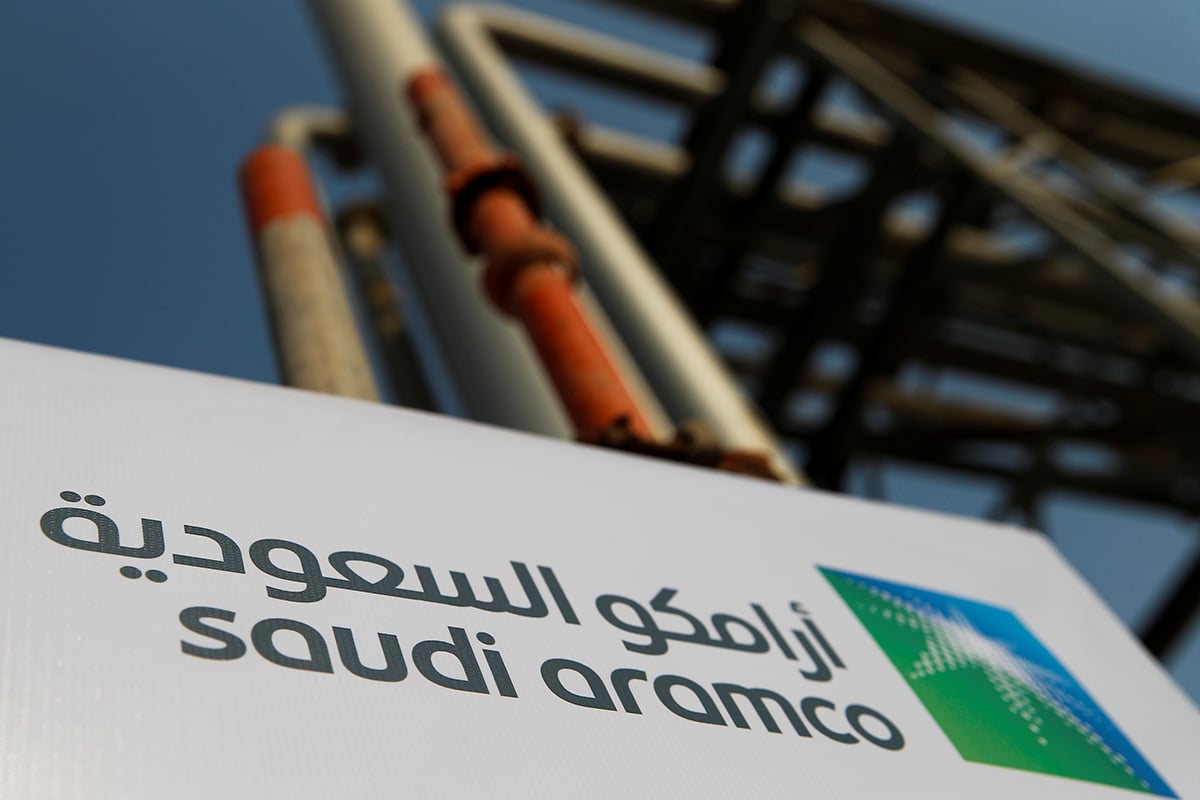Dubai Aerospace Enterprise Invests $1 Billion in 17 Next-Generation Aircraft

Dubai Aerospace Enterprise has committed approximately $1 billion to acquire 17 next-generation aircraft, enhancing its global fleet. This strategic move underscores DAE’s dedication to modernizing its portfolio and strengthening its position in the aviation leasing industry.
The acquisition includes 15 narrow-body and 2 wide-body aircraft, all equipped with advanced fuel-efficient technologies. Notably, 80% of these aircraft are manufactured by Airbus, with the remaining 20% produced by Boeing. This composition reflects DAE’s strategy to balance its fleet between the two leading aircraft manufacturers. The newly acquired aircraft are currently leased to 11 airlines across 10 countries, indicating DAE’s extensive global reach and diversified client base.
Firoz Tarapore, Chief Executive Officer of DAE, expressed enthusiasm about the acquisition, stating that it aligns with the company’s commitment to integrating next-generation technology into its fleet. He emphasized that these modern, fuel-efficient aircraft will not only enhance DAE’s portfolio but also deepen relationships with their global airline customers. Tarapore also highlighted the company’s proactive approach in sourcing attractive assets from the secondary market to meet growth and portfolio management targets, especially amid ongoing delivery delays from manufacturers.
Upon completion of this transaction, DAE’s fleet metrics are expected to improve significantly. The weighted average age of its passenger fleet will decrease to 6.9 years, and the average remaining lease term will extend to 6.6 years. This rejuvenation of the fleet is anticipated to enhance operational efficiency and appeal to airlines seeking modern aircraft for their operations.
The updated fleet composition post-acquisition will be 46% Airbus aircraft, 49% Boeing aircraft, and 5% ATR 72-600 models. This balanced mix ensures that DAE can cater to a wide range of airline requirements, from regional to long-haul operations.
The aviation industry has been witnessing a strong recovery, with airlines seeking to modernize their fleets to meet environmental regulations and passenger expectations. DAE’s investment in next-generation aircraft positions the company to capitalize on this trend, offering fuel-efficient and environmentally friendly options to its clients.
In the context of global aviation, leasing companies like DAE play a crucial role in providing airlines with flexible fleet solutions. By investing in modern aircraft, lessors not only support airlines in meeting their operational goals but also contribute to the overall sustainability efforts of the industry.
DAE’s strategic decision to expand its fleet with next-generation aircraft demonstrates its commitment to innovation, customer satisfaction, and environmental responsibility. As the aviation sector continues to evolve, such investments are essential for companies aiming to maintain a competitive edge and support the industry’s growth trajectory.
This acquisition also reflects the broader trend of aviation companies prioritizing sustainability. Next-generation aircraft are designed to offer improved fuel efficiency and reduced emissions, aligning with global efforts to combat climate change. By integrating these aircraft into its fleet, DAE is not only enhancing its market position but also contributing positively to environmental sustainability.



